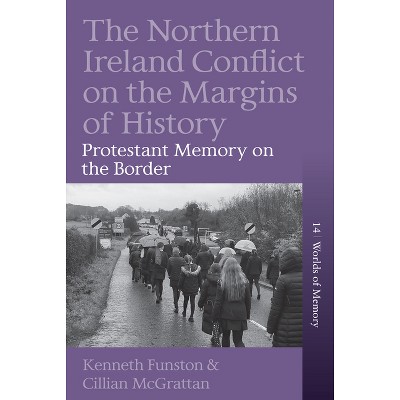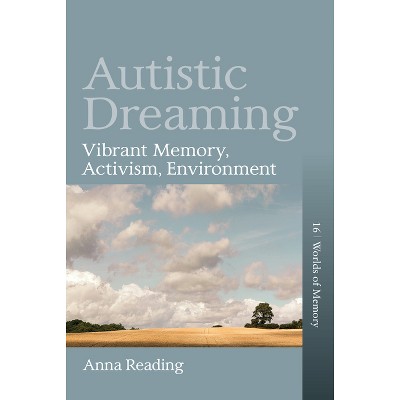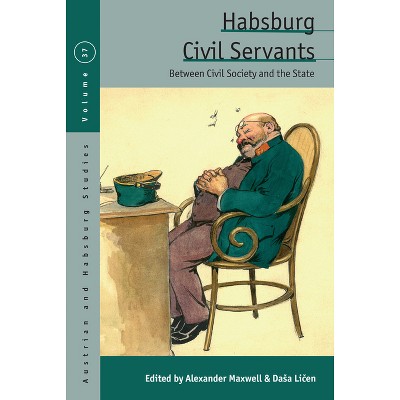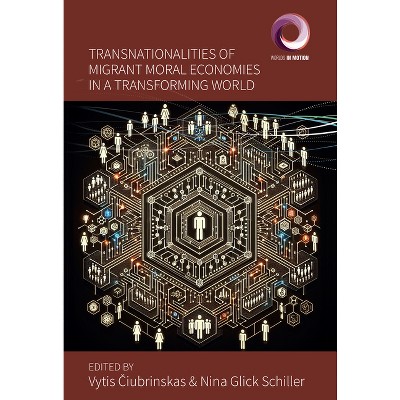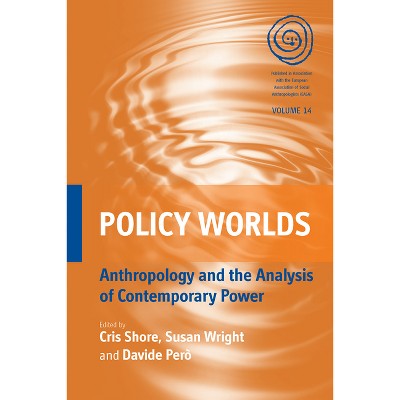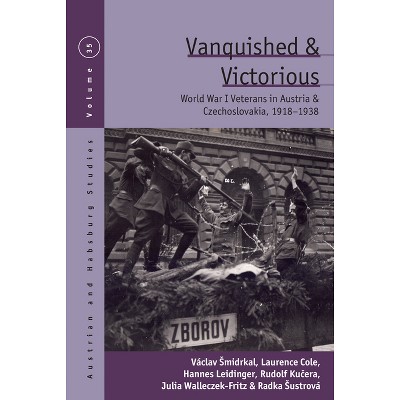Reading War, Making Memory - (Worlds of Memory) by Tea Sindbæk Andersen & Jessica Ortner & Fedja Wierød Borč & ak (Hardcover)

About this item
Highlights
- In the fields of literary and memory studies, the cultural impact of the Bosnian War of 1992-1995 appears--despite the scale of devastation--somewhat minimal.
- About the Author: Fedja Wierød Borčak holds a PhD in Comparative Literature and is currently a Research Assistant at the School of Culture and Communication at Aarhus University, Denmark.
- 340 Pages
- Literary Criticism,
- Series Name: Worlds of Memory
Description
Book Synopsis
In the fields of literary and memory studies, the cultural impact of the Bosnian War of 1992-1995 appears--despite the scale of devastation--somewhat minimal. Reading War, Making Memory focuses on how authors from the diaspora of the former Yugoslavia have transmitted and translated the realities of the war in their fiction, illuminating how these texts interpolate the culture and memory of Bosnia-Herzegovina into an act of "mnemonic migration." Drawing from close readings, studies of public reception, and focus group interviews, this volume explores the attempt to reshape social frameworks of memory, and the wider reception and impact of memory-making literature across Europe.
Review Quotes
"This [book] deals with a topic that is highly relevant in the context of actual tendencies in European literatures, culture, and society. It brings forth the question of memory related to significant historic events. More precisely, it investigates the way these memories are represented and transmitted in contemporary literary works on the one hand, and how they affect (professional and lay) readers and their memory frames in Bosnia-Herzegovina and in some Northwestern countries on the other." - Silvia Rybárová, Institut of World Literature SAS
About the Author
Fedja Wierød Borčak holds a PhD in Comparative Literature and is currently a Research Assistant at the School of Culture and Communication at Aarhus University, Denmark. His main research interests include post-Yugoslav literature, and he has written on the figure of the child in Bosnian-Herzegovinian fiction as well as themes of mobility and diasporic writing.






